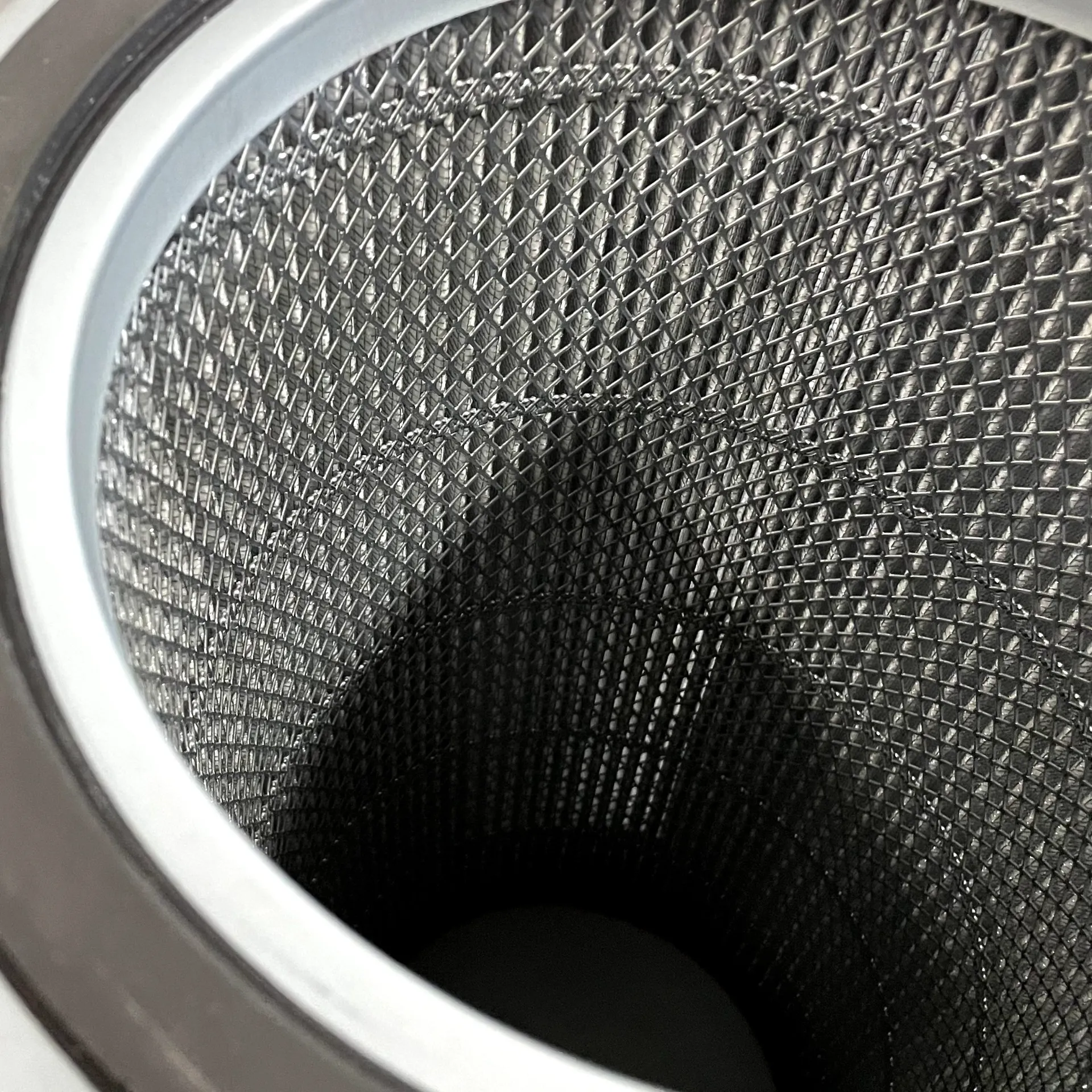 Tel:
+8618931101301
Tel:
+8618931101301
Dec . 11, 2024 10:09 Back to list
Gas Turbine Filtration Solutions for Enhanced Performance and Efficiency in Power Generation
Understanding Gas Turbine Filters Importance, Types, and Maintenance
Gas turbines are essential components in various industries, ranging from power generation to aviation. Their efficiency and reliability largely depend on a multitude of factors, but one critical aspect that often goes unnoticed is the filtration system, particularly gas turbine filters. In this article, we will delve into the role of gas turbine filters, the different types available, and the importance of regular maintenance in enhancing turbine performance.
The Role of Gas Turbine Filters
Gas turbine filters serve as the first line of defense against contaminants in the intake air
. These contaminants can include dust, pollen, industrial pollutants, and even microorganisms. If allowed to enter the turbine, these particles can cause significant wear and tear, leading to decreased efficiency, increased fuel consumption, and a higher likelihood of mechanical failures. By filtering out these harmful substances, gas turbine filters not only protect the turbine’s internal components but also ensure optimal performance and longevity.Types of Gas Turbine Filters
There are several types of filters used in gas turbines, each designed to meet specific needs and operating conditions. The most common types include
1. Panel Filters These are typically used in less demanding applications and are made from pleated fiberglass or synthetic materials. Panel filters are effective for trapping larger particles but may need to be replaced more frequently compared to other types.
2. Bag Filters These filters are more robust than panel filters and consist of fabric bags that can capture finer particles. Bag filters are suited for environments with high levels of particulate matter and can maintain efficiency over longer periods than panel filters.
3. HEPA Filters High-Efficiency Particulate Air (HEPA) filters can trap at least 99.97% of particles that are 0.3 micrometers in diameter. These filters are often used in critical applications, such as gas turbines in clean environments or facilities where the cost of downtime is exceptionally high.
4. Cyclonic Filters These filters use a cyclonic action to separate larger particles from the air stream without having to rely heavily on media. They are often used as pre-filters, removing hefty debris before it reaches the more sensitive filter elements.
gas turbine filter

5. Electrostatic Filters These filters utilize an electrostatic charge to attract and capture particles. They are capable of filtering out very fine particles and are reusable after washing, making them an environmentally friendly option.
Importance of Regular Maintenance
Like any other component of a gas turbine system, filters require regular maintenance to ensure they perform efficiently. Maintenance practices typically include regular inspections, cleaning, and timely replacements as needed. Failing to maintain the filters can lead to several issues
- Reduced Efficiency Clogged or dirty filters can restrict airflow, causing the turbine to work harder to maintain performance levels. This inefficiency often results in increased fuel consumption and higher operational costs.
- Increased Emissions Poorly maintained filters can allow contaminants to pass through, potentially leading to elevated emissions that violate environmental regulations.
- Elevated Operating Costs The continued use of dirty filters can lead to more frequent downtimes, costly repairs, and even premature replacement of turbine components due to wear caused by contaminants.
- Safety Hazards In extreme cases, deteriorated filters can lead to unsafe operating conditions, resulting in unplanned shutdowns and potentially hazardous situations for personnel.
Conclusion
Gas turbine filters may not be the most glamorous aspect of turbine operation, but their significance cannot be overstated. From protecting essential components to ensuring operational efficiency and compliance with environmental standards, these filters play a vital role in the overall health of gas turbine systems. By understanding the different types of filters available and engaging in regular maintenance, operators can enhance the durability and performance of their gas turbines, ultimately leading to more efficient and sustainable energy production. Whether in power generation or aviation, investing in high-quality gas turbine filters and their upkeep is indispensable in today’s competitive landscape.
-
Working principle of high-efficiency dust filter elementNewsJun.26,2025
-
The truth about washable filters: Does repeated use really not affect efficiency?NewsJun.25,2025
-
Effect of humidity on the performance of activated carbon filter elementsNewsJun.24,2025
-
Material selection considerations for dust removal filter elements under high temperature conditionsNewsJun.23,2025
-
Cold knowledge of air filters: Why are some designed to be pleated?NewsJun.16,2025
-
Factory direct supply! High-precision air filter element wholesale and customizationNewsJun.12,2025

 Email:
Email:





